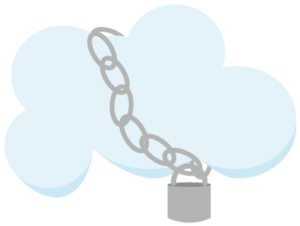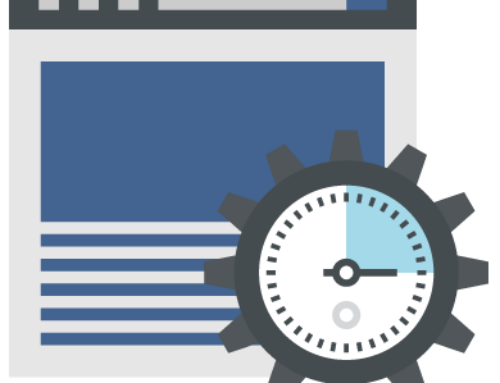 As cloud-based solutions have grown in popularity and capability, many accounting professionals are finding that they streamline work – which can directly affect profitability, especially as we move towards fixed fee billing. Furthermore, clients are adopting cloud solutions on their own because of their obvious benefits, and therefore if we want to stay relevant and to be competitive, we need to be operating in the cloud.
As cloud-based solutions have grown in popularity and capability, many accounting professionals are finding that they streamline work – which can directly affect profitability, especially as we move towards fixed fee billing. Furthermore, clients are adopting cloud solutions on their own because of their obvious benefits, and therefore if we want to stay relevant and to be competitive, we need to be operating in the cloud.
Better Access to Client Data
When clients’ accounting systems are on a cloud platform, you literally have 24/7 access to client data (although we don’t think you should make a habit of working 24/7). You can work in a client’s account at the same time as client may be accessing it, eliminating the need for that delicate scheduling dance: “Can you switch out of single-user mode so I can get in and pay the bills?” Furthermore, this ‘anytime-anywhere’ access allows you to hire staff that are not necessarily in your building– or even your state.
When you have better access to the data, you are more likely to be an effective strategic trusted advisor to your clients.
Automate Your Firm’s Work
Cloud accounting gives you the chance to integrate all your clients’ systems. For example, bank feeds enter most of the data about the financial transaction (date, memo, amount) for you, which reduces both labor and errors. Another example: the feature that allows customers to click-to-pay helps clients to receive funds faster, and also records the payment and the deposit, thereby automating labor and reducing errors. If you choose your systems carefully, you can eliminate duplicate data entry and errors, as a major benefit of cloud accounting apps is their connectivity.
If clients complain about cloud-based software subscription fees, I explain to them that these fees are much lower than the labor they will be paying humans to perform the work manually. Integrating apps with core accounting software is much more efficient when you’re syncing cloud-based apps vs using desktop sync engines. Cloud-apps sync faster and do it with with fewer errors– all of which translates to lower costs to the firm and thus the client.
Platform Agnostic
When you move your systems to the cloud, you are no longer chained to a particular computer that has the software or the files. You can use desktop computers, laptops, tablets, even smartphones– and you can jump from one to another as needed without having to backup & restore data– no more thumb drives! Furthermore, cloud based software doesn’t care what operating system you’re using (although they may care what browser you use). You can log on with a Mac while your client logs in with a PC and one of your staff signs in with a Chromebook- you’ll all see the same data and have access to the same features.
More Secure than Desktop Systems
 One reason people often give for not operating in the cloud is they believe desktop systems to be more secure, when the reverse is actually the case. Storing your data and using software systems that are hosted in the cloud is more secure than having everything on desktop systems. To keep desktop systems secure you need to be vigilant about using the latest version of your operating system and making sure your security software is up to date. It takes time and determination to stay on top of the systems- something most small business owners lack. Cloud based systems are monitored and maintained by security professionals for you so that you can concentrate on running your business, not running your computers.
One reason people often give for not operating in the cloud is they believe desktop systems to be more secure, when the reverse is actually the case. Storing your data and using software systems that are hosted in the cloud is more secure than having everything on desktop systems. To keep desktop systems secure you need to be vigilant about using the latest version of your operating system and making sure your security software is up to date. It takes time and determination to stay on top of the systems- something most small business owners lack. Cloud based systems are monitored and maintained by security professionals for you so that you can concentrate on running your business, not running your computers.
The Cloud is Paperless
Many of us have worked for years and years using computers and desktop software to perform our accounting work– work that involved driving to clients businesses, lots of paper, files that needed to be kept in order (and we did do filing because it was the only way to keep the backup documentation organized). None of that really contributed to actually getting the work done, except that the software and data were at the client’s facility. If you weigh all of that against the amazing, efficient cloud solutions that are out there, it’s easy to see that the cloud is where you want to be working!



